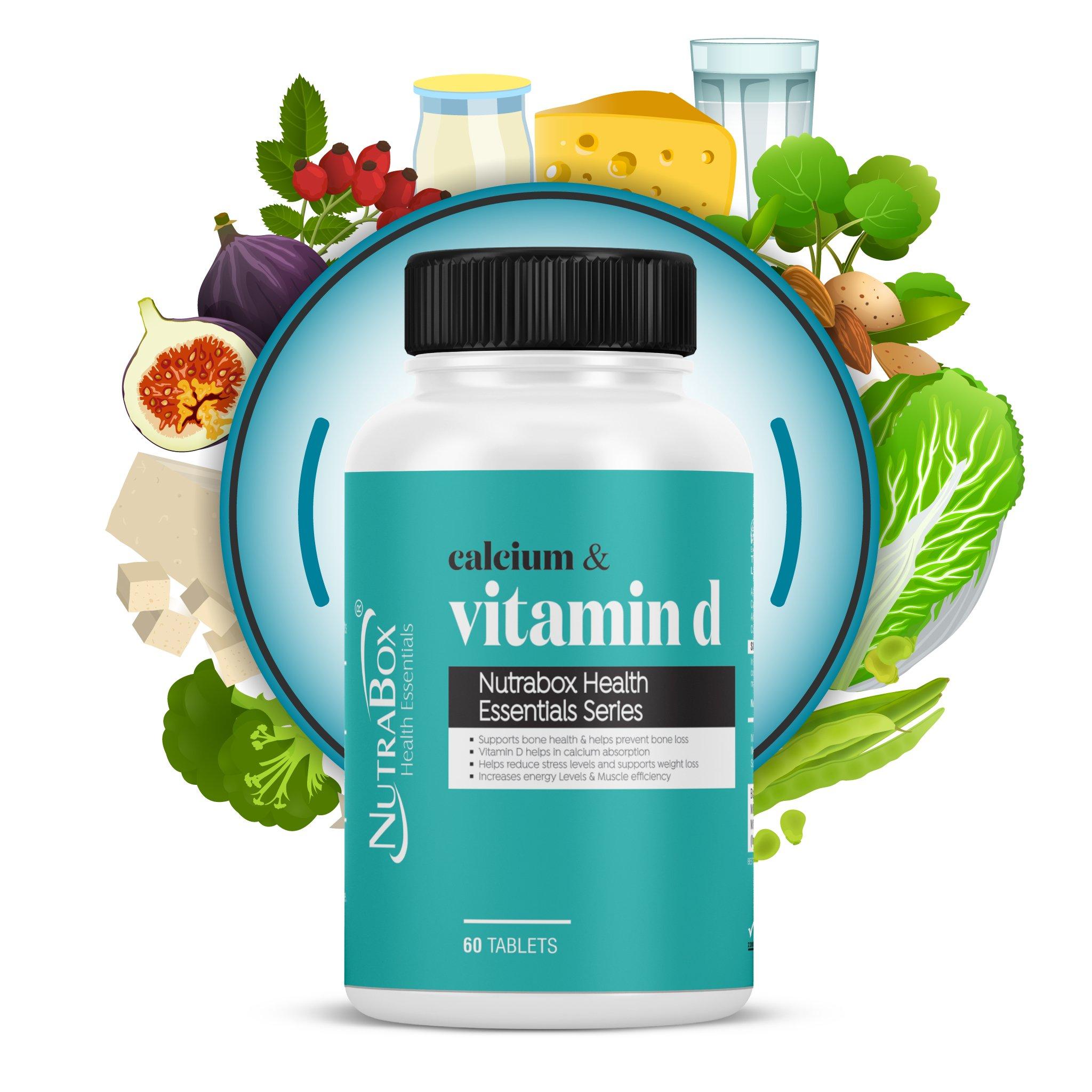Ensuring that you receive adequate calcium and vitamin D is more than just a dietary concern—it’s a vital step towards maintaining a healthy and active lifestyle. These essential nutrients work hand-in-hand to support strong bones and teeth, as well as overall bodily function. Yet, in the hustle and bustle of daily life, it’s easy to overlook whether we’re truly meeting our nutritional needs. In this guide, we’ll explore practical strategies to help you incorporate sufficient calcium and vitamin D into your diet. Whether you’re navigating dietary restrictions, managing a busy schedule, or simply seeking to enhance your well-being, we’re here to provide empathetic, actionable advice to support your journey towards optimal health.
Understanding Your Daily Calcium and Vitamin D Needs
Ensuring you meet your daily calcium and vitamin D requirements is crucial for maintaining strong bones and overall health. Many people are unsure about how much they need or how to incorporate these nutrients into their diet effectively. To help you, here’s a quick guide on understanding your daily needs and how to meet them.
Daily Calcium and Vitamin D Recommendations
| Age Group | Calcium (mg/day) | Vitamin D (IU/day) |
|---|---|---|
| Children 4-8 | 1,000 | 600 |
| Teens 9-18 | 1,300 | 600 |
| Adults 19-50 | 1,000 | 600 |
| Adults 51+ | 1,200 | 800 |
Tips to Meet Your Nutrient Needs:
- Incorporate Dairy Products: Milk, cheese, and yogurt are excellent sources of calcium.
- Opt for Fortified Foods: Many plant-based milks, cereals, and juices are fortified with calcium and vitamin D.
- Spend Time Outdoors: Sunlight triggers vitamin D production in your skin. Aim for at least 15-30 minutes a day, depending on your skin type and location.
- Consider Supplements: If dietary sources are insufficient, supplements can help fill the gap. Always consult with a healthcare provider before starting any supplement regimen.

Choosing Foods Rich in Calcium and Vitamin D
When it comes to boosting your calcium and vitamin D intake, it’s all about making smart choices at the grocery store and in your kitchen. Dairy products are the most well-known sources of calcium. Consider incorporating more milk, yogurt, and cheese into your meals. If you’re lactose intolerant or prefer plant-based options, fortified almond, soy, or oat milk can be excellent alternatives.
Vitamin D can be a bit trickier since it’s not naturally abundant in many foods. However, you can find it in fatty fish like salmon, mackerel, and tuna. Don’t overlook the potential of egg yolks and fortified cereals either. And if you’re vegan, there are plant-based foods like fortified orange juice and mushrooms exposed to sunlight that can help you meet your needs.
| Food | Calcium (mg) | Vitamin D (IU) |
|---|---|---|
| Yogurt (1 cup) | 300 | 115 |
| Salmon (3 oz) | 180 | 570 |
| Fortified Orange Juice (1 cup) | 350 | 100 |
For a holistic approach, consider meal planning and diversifying your diet. This way, you’re not only ensuring you get enough calcium and vitamin D but also enjoying a wide array of nutrients essential for your overall well-being.

Incorporating Supplements Safely and Effectively
Ensuring your body receives the right amount of calcium and vitamin D is essential for maintaining strong bones and overall health. When incorporating supplements into your routine, it’s crucial to do so safely and effectively. Here are some tips to guide you:
- Consult Your Healthcare Provider: Before starting any supplement regimen, it’s important to discuss your needs with a healthcare professional to tailor a plan that’s right for you.
- Understand Dosages: Be mindful of the recommended daily allowances (RDA) for calcium and vitamin D. Over-supplementation can lead to adverse effects. Typically, adults need about 1,000 mg of calcium and 600-800 IU of vitamin D daily, but individual needs may vary.
- Choose Quality Supplements: Opt for reputable brands and check for certifications like USP or NSF to ensure product quality and safety.
| Supplement | RDA | Sources |
|---|---|---|
| Calcium | 1,000 mg | Dairy, Leafy Greens, Almonds |
| Vitamin D | 600-800 IU | Sunlight, Fatty Fish, Fortified Foods |
In addition to supplements, incorporating a diet rich in these nutrients can significantly enhance your efforts. Consider adding more dairy products, leafy greens, and fatty fish to your meals. Remember, the key to effective supplementation is balance and mindfulness, ensuring your approach complements your lifestyle and health goals.

Lifestyle Habits to Boost Calcium and Vitamin D Levels
Adopting certain lifestyle habits can significantly enhance your body’s absorption and retention of calcium and vitamin D. Daily exposure to sunlight is one of the most effective ways to boost your vitamin D levels. Aim for about 10 to 30 minutes of midday sunlight several times a week, depending on your skin sensitivity. During the colder months or if you have limited sun exposure, consider vitamin D supplements, but always consult with a healthcare professional before starting any new supplement regimen.
Incorporate weight-bearing exercises into your routine to help strengthen your bones and improve calcium retention. Activities like walking, dancing, or resistance training are excellent choices. Not only do these exercises benefit your skeletal health, but they also enhance overall fitness and well-being. Additionally, ensure that your diet is rich in calcium by including foods like dairy products, leafy greens, and fortified cereals. A balanced diet not only supports your bone health but also contributes to your overall nutritional needs.
| Calcium-Rich Foods | Vitamin D Sources |
|---|---|
| Milk & Cheese | Sunlight |
| Yogurt | Fatty Fish (e.g., Salmon) |
| Broccoli & Kale | Fortified Foods |
Consider incorporating stress-reducing practices such as meditation or yoga, which may help balance hormones that affect calcium absorption. These practices not only contribute to better bone health but also enhance your mental clarity and emotional resilience. By embracing these habits, you can naturally support your body’s needs and maintain healthy levels of these essential nutrients.








































